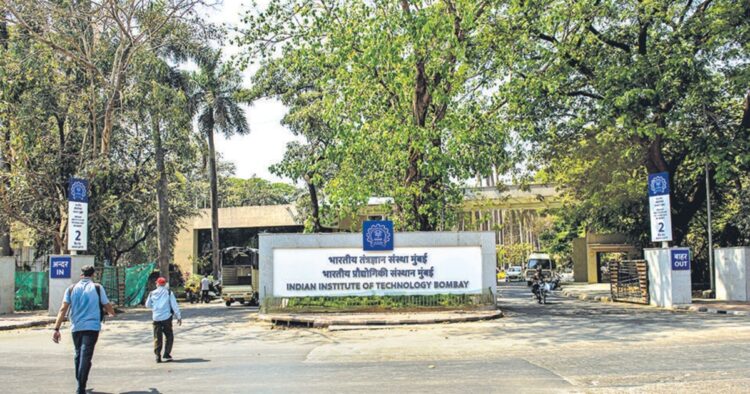Every year, students at the prestigious Indian Institute of Technology (IIT) eagerly anticipate the placement season, eyeing lucrative job opportunities. However, this year at IIT Bombay, concerns have arisen as approximately 36% of registered students, totaling around 712 out of 2,000, are yet to secure jobs despite the ongoing placement season, which is set to conclude by May.
Data shared by Dheeraj Singh, an alumnus of IIT Bombay and founder of the Global IIT Alumni Support Group, revealed the worrisome trend. Compared to the previous session, there has been a 2.8 percentage point increase in the number of students remaining unplaced.
The challenging economic landscape, compounded by a global economic downturn, has posed hurdles in attracting companies to the campus for recruitment. Negotiations over salary packages have proven difficult, leading to fewer companies participating in campus placements this year. Additionally, a significant portion of the 380 companies that did participate were from the domestic market, contrasting with previous years where international companies dominated.
One notable shift is the lack of 100% placement among registered students in the highly sought-after computer science and engineering branch, highlighting the severity of the situation.
Despite the institute’s emphasis on securing high-paying job offers to maintain an impressive average salary package, concerns have been raised about neglecting the employment prospects of the average student. This focus on “propaganda of placements” has led to misleading announcements, such as an error in reporting the number of students offered packages exceeding ₹1 crore.
The repercussions of these challenges are not just statistical but deeply personal, with students reporting heightened levels of stress and anxiety, particularly exacerbated by the post-pandemic environment. Many students are declining offers that do not match those from private colleges for similar positions, further complicating the job search process.
Dheeraj Singh emphasized the urgent need for a support system for the hundreds of unplaced students facing uncertainty about their future. Despite IIT Bombay’s prestigious ranking as the third engineering college in India, there is a glaring lack of placement support for these students, further exacerbating their distress.
Individual accounts from students paint a grim picture of the realities faced during the placement drive, with some expressing frustration at their inability to secure employment despite rigorous preparation. Reports indicate that some companies have reduced hiring by 50% compared to previous years, compounding the challenges faced by students.
Efforts to obtain comments from IIT Bombay officials have been unsuccessful, leaving many questions unanswered regarding the institute’s strategies for addressing the ongoing job placement crisis.
In conclusion, the plight of unplaced students at IIT Bombay underscores the need for comprehensive support mechanisms and strategic interventions to navigate the challenging job market landscape, ensuring that all students have equitable access to promising career opportunities.

















Comments